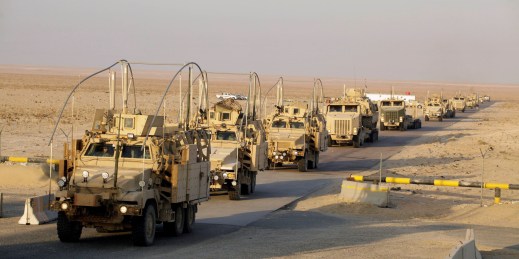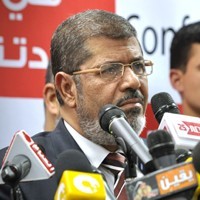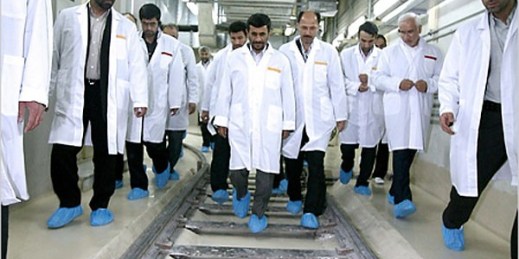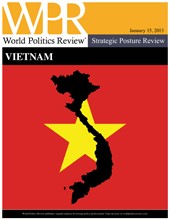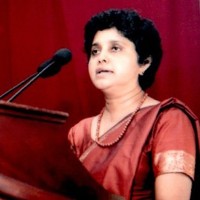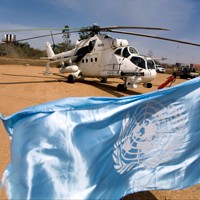
In a recent WPR feature essay on economic integration and security competition in Asia, Amitav Acharya used our article in Foreign Policy, “A Tale of Two Asias,” as a conceptual framework for thinking about the future of this dynamic and important region. But his piece, “Why Two Asias May be Better Than None,” misunderstands or fails to address many of our key arguments. On some points, we agree with Acharya. For example, he notes that Japan “started the process” of economic integration in Asia, or what we call “Economic Asia,” and “still plays a vital role in it.” We made […]

